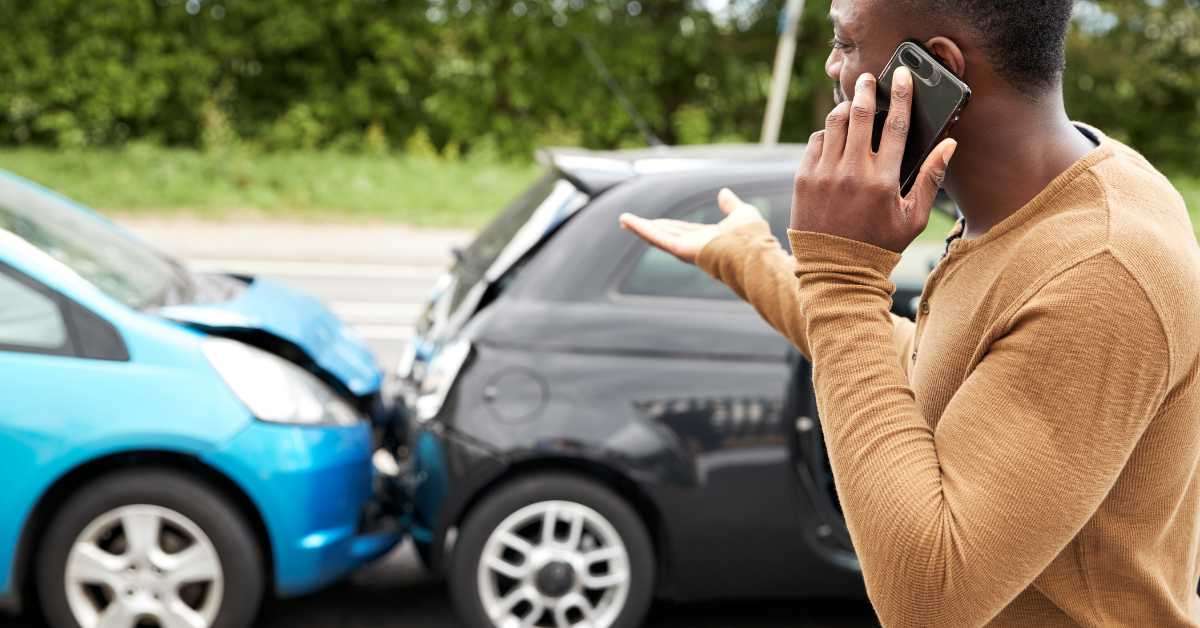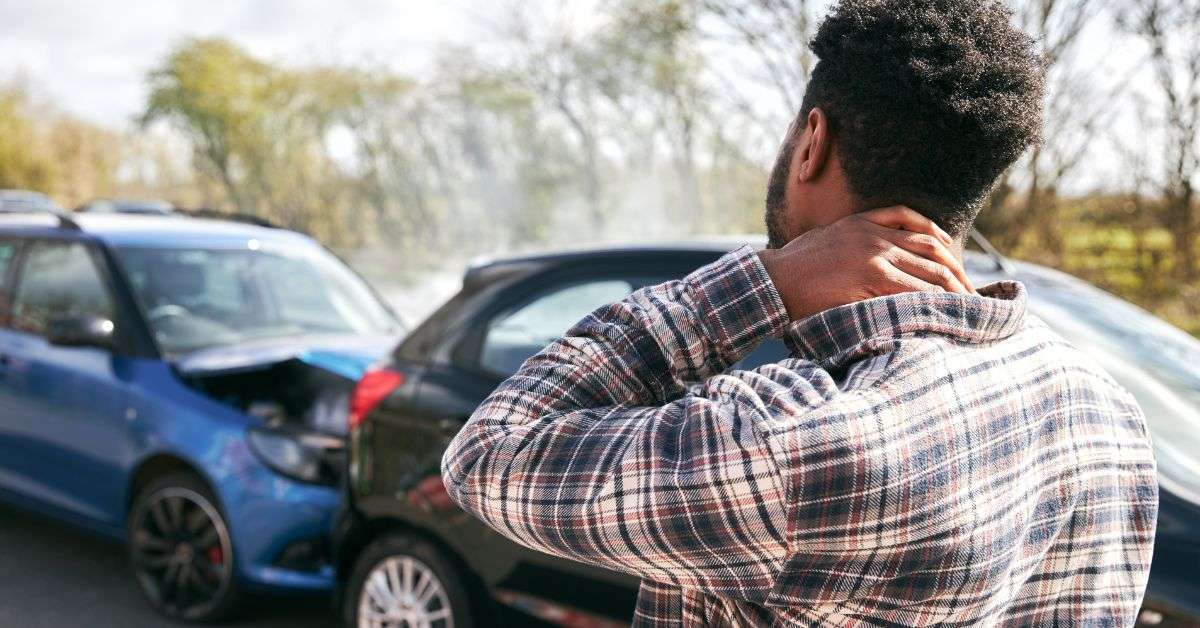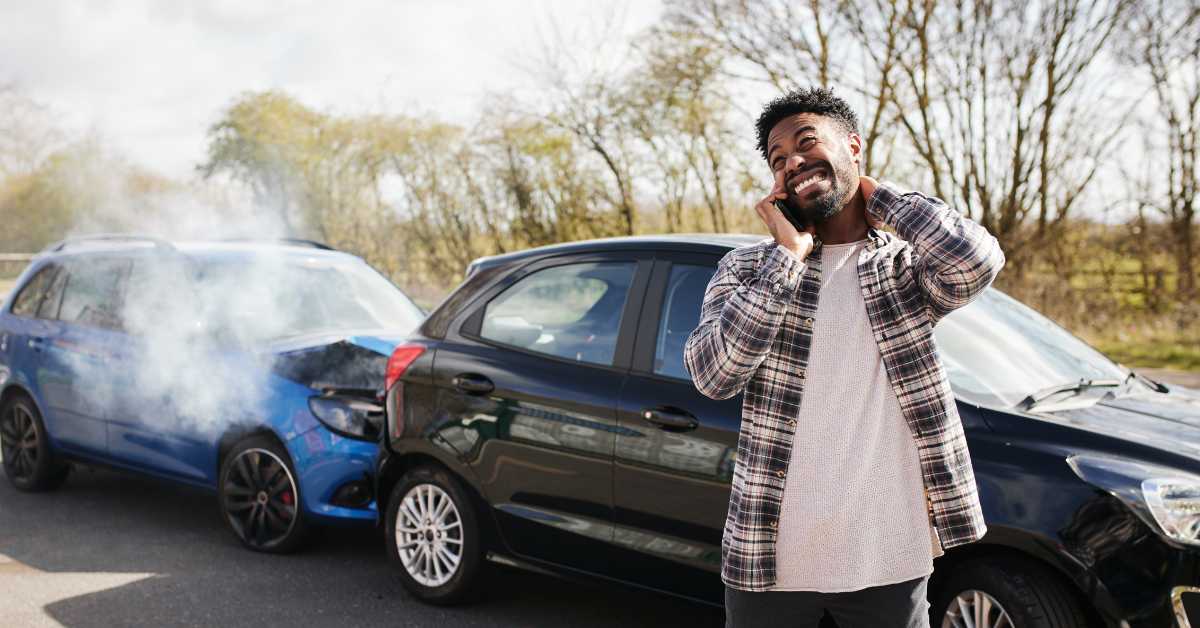Brake-checking is a serious offense in Oklahoma. While the driver following too closely to the driver in front of them is also driving recklessly, brake-checking can lead to multiple car crashes and many injuries. Because several factors can contribute to a brake-check accident, determining liability can involve multiple parties and comparative negligence may need to be determined.
An accident lawyer from the Bryan Garrett, PLLC, law firm in Central Oklahoma describes the complex nature of brake-check accident cases, including liability, comparative negligence, and pursuing compensation for your injuries.
What Is Brake-Checking?
When another vehicle is following you too closely, brake-checking is the act of slamming on your brakes to warn them off. This is a form of reckless driving, and if the driver following too closely doesn’t react quickly enough, it can cause a rear-end collision or even a multi-vehicle crash.
Brake-checking is dangerous because the tail-gating driver may not react quickly enough to stop or may not have serviced their brakes recently. Weather and road conditions also contribute to the dangers of brake-checking, such as when the road is wet, in poor condition, or covered with sand or gravel.
Who Is Liable for a Rear-End Collision Caused by Brake-Checking?
If you were the tailgating driver who hit a brake checker in a brake-check accident, you might wonder who is responsible for the accident. Oklahoma is a modified comparative negligence state, meaning that you may be able to recover a portion of compensatory damages for your injuries and property damage based on the percent that you contributed to the accident.
Negligent parties who contributed more than 50% fault to an accident may not recover any damages. Other parties who contributed may only recover the percentage of damages they were not responsible for causing.
For example, a court may find that the brake checker, tailgater, and a third driver involved in a multi-car brake-check accident all shared some negligence in the crash. It may determine negligence in the accident in parts of the whole. For instance:
- 55% contribution of negligence by the brake-checker
- 35% contribution of negligence by the tailgater
- 10% contribution of negligence by the third driver, who rode in the left passing lane rather than passing and who blocked the tailgater from being able to pass the slower driver on the left or dodge the brake-check
In this scenario, the brake-checker would not be able to recover compensation. The tailgater would be able to recover 65% of their damages, and the left lane driver would be able to recover 90% of their damages.
Seeking Compensation for Injuries Sustained in a Brake-Check Accident
Oklahoma is an at-fault car accident state, meaning that the negligent driver’s insurance company would be responsible to pay for damages caused by the negligent driver. The only time you would go through your own insurance policy to cover your injuries or property damage would be if the negligent driver didn’t have the appropriate insurance coverage.
In a complex claim where multiple drivers could share fault for the accident, your first step after reporting the accident should be seeking the help of a knowledgeable and experienced Oklahoma accident lawyer. Your attorney can begin gathering the evidence necessary to recreate the accident and develop a timeline of events to help you pursue the maximum compensation for your case.
Contact the Law Office of Bryan Garrett, PLLC, for a Brake-Check Accident in Oklahoma
A brake-check accident can be a much more complex case than many people realize in Oklahoma, with at-fault insurance and comparative negligence awards. Contact us at the law firm of Bryan Garrett, PLLC, to schedule a free initial consultation at our offices in Oklahoma City or Tulsa, OK.


